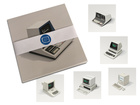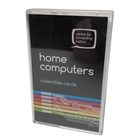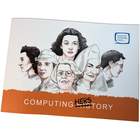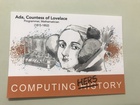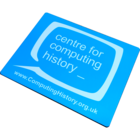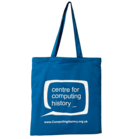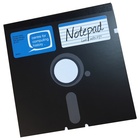
| Home > LEO Computers > Lyons Electronic Office (LEO) Archive > CMLEO/LS - LEO Comput ... s Society Collection > Training and Manuals > Programming > 65263 Programming LEO I > 65268 Programming LEO ... EO I Synthesis Orders |
65268 Programming LEO I: LEO I Synthesis Orders
| Home > LEO Computers > Lyons Electronic Office (LEO) Archive > CMLEO/LS - LEO Comput ... s Society Collection > Training and Manuals > Programming > 65263 Programming LEO I > 65268 Programming LEO ... EO I Synthesis Orders |
|
Paper, undated, by an unnamed author on LEO I Synthesis Orders, annotated by an unidentified LEO I programmer. Research Comments: This document explains the nature of LEO I's Synthesis Orders program, known internally at Lyons as B1. 'Synthesis Orders' and 'Initial Orders' were programs that translated simple commands into the binary instructions needed by the computer. In short, they read in a master routine, converted it to binary and placed it in the main memory. They were early 'assembly languages', as pioneered by David Wheeler at Cambridge, who had spent a summer at Lyons in 1948 while a research student working on EDSAC. The process for using LEO's Synthesis Orders is explained in a draft document from May 1955. B1 was replaced by program B12 in 1958. Some of the handwritten annotations look to have been written by Mary Blood (later Mary Coombs). (LM) Date : undated (c1955)Physical Description : 1 item (2 pages), paper; typescript with manuscript annotations Provenance : Archive References : CMLEO/LS/MN/PRG/65263/5 , CCH LI 12.5 , DCMLEO20210720061-062 This exhibit has a reference ID of CH65268. Please quote this reference ID in any communication with the Centre for Computing History. |
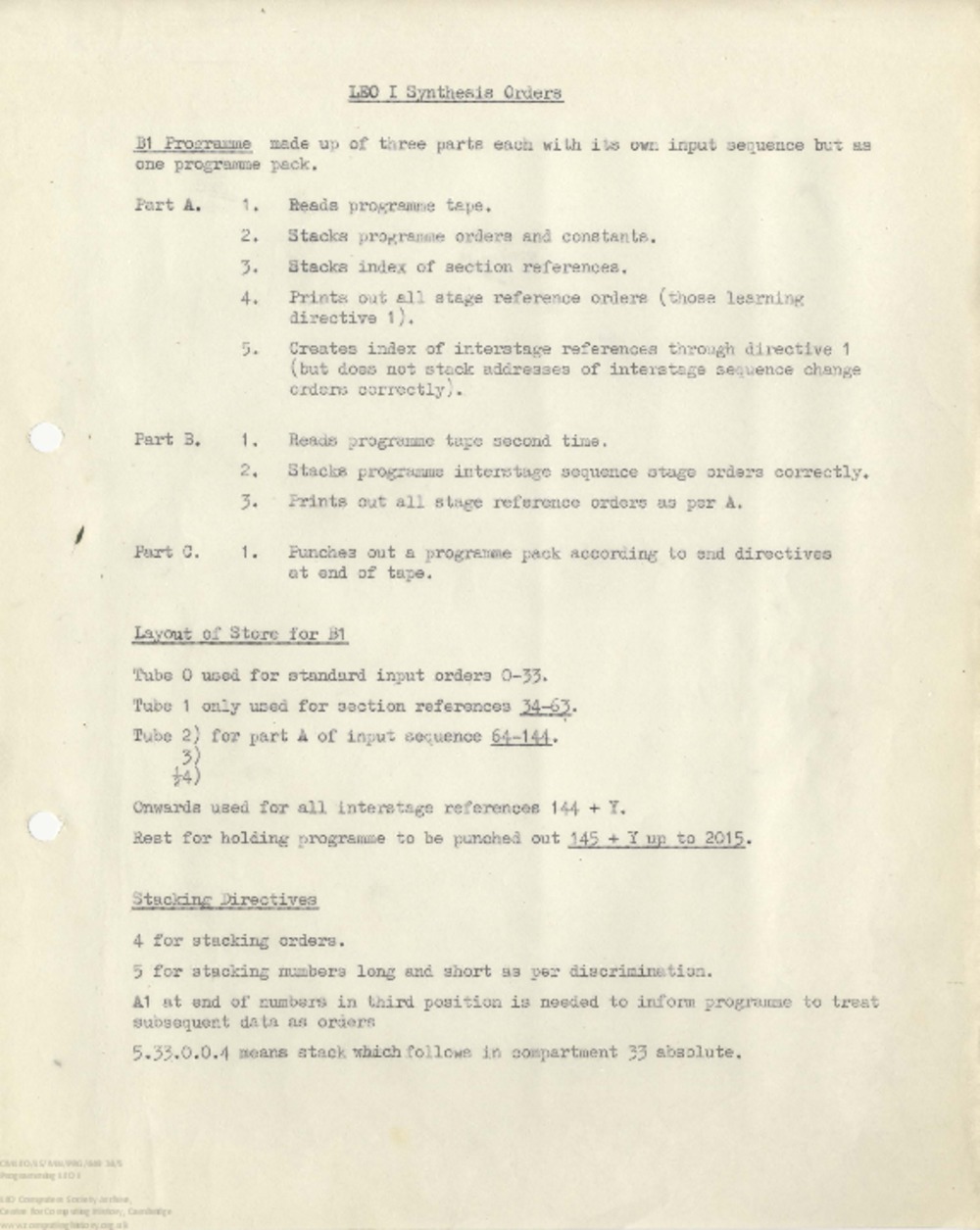 This document has been scanned and is available to view online.
Copyright LEO Computers Ltd File Size: 1.35 MB
|

